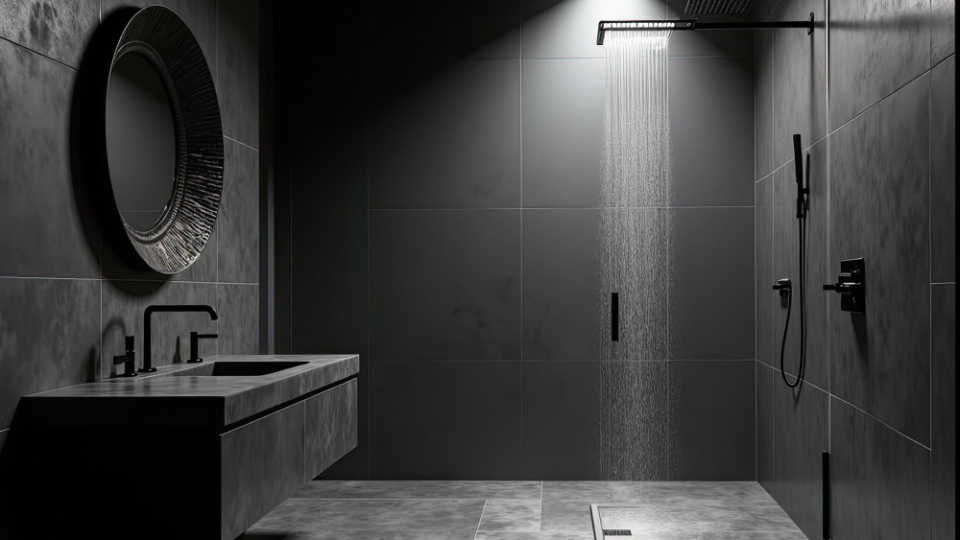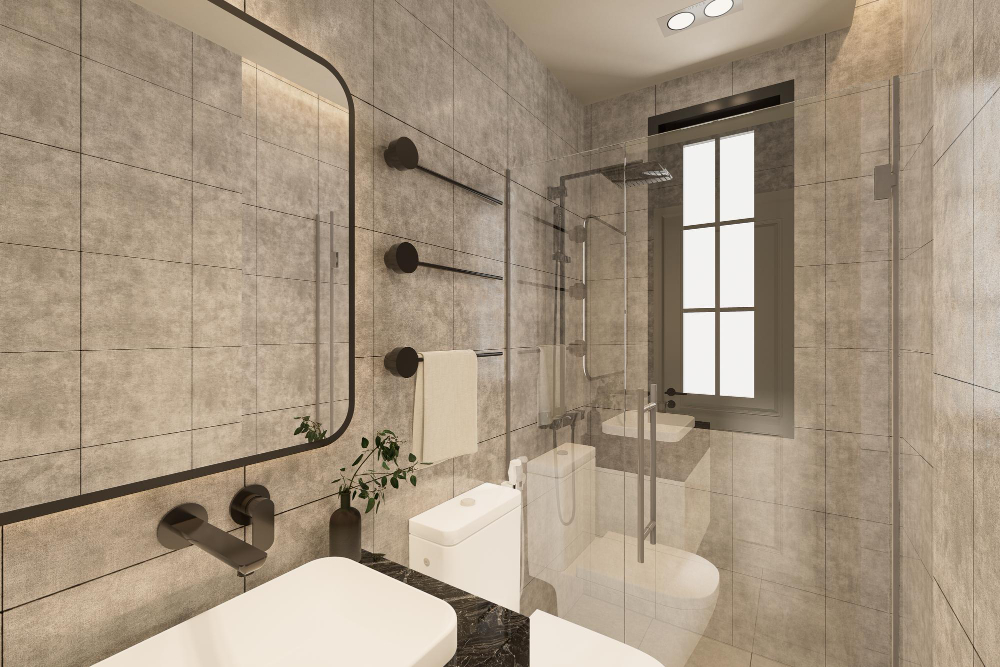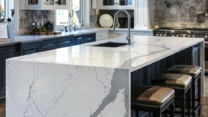
Shower Replacement Cost FAQs: The Good, the Bad, and the Moldy
Thinking about replacing your shower? You’re not alone—and you’re probably also wondering: how much is this really going to cost me?
Spoiler alert: there’s no one-size-fits-all price tag. But don’t panic. We’ve broken it all down, Ty Pennington–style—with straight talk, smart advice, and maybe a few moldy truths.
Let’s dive into the questions every homeowner wishes they asked before tearing out tile.
💸 Q: What’s the average shower replacement cost?
A: Nationally, a full shower replacement runs between $4,000 and $10,000, depending on size, materials, and how much “demo drama” is involved. In other words: if you think your 1970s acrylic insert is hiding a perfectly preserved wall behind it, you might be a little too optimistic.
⚠️ Pro tip: If your shower has that “soft wall” feel, there’s likely water damage behind it—and your budget just made a new friend.
🛁 Q: Why such a big range in price?
A: Because every shower is its own reality show.
Cost depends on:
- Size of the shower
- Whether you’re doing a tub-to-shower conversion
- Material choices (acrylic vs. tile vs. stone vs. “this came from a spaceship”)
- Plumbing upgrades (aka, “your pipes are from 1952, surprise!”)
- Labor rates in your region
A simple replacement with prefab walls might be $3,500. A tiled walk-in with custom glass and rain shower head? Think closer to $10,000+.

🔧 Q: What’s usually included in the cost?
A: Good question! A typical quote will include:
- Removal of the old shower
- Waterproofing
- Installation of new walls (acrylic panels, tile, stone, etc.)
- New plumbing fixtures
- New base or pan
- Labor
- Cleanup (if your contractor isn’t scared of mold spores)
Glass doors, lighting, and niche shelves often cost extra. So does moving plumbing. If your remodel includes “a little electrical while we’re at it”, your wallet might start sobbing.
💀 Q: What’s the “moldy” part I should be worried about?
A: The hidden cost most homeowners don’t think about: water damage.
Leaks behind walls, soft subflooring, black mold—it’s all common, especially in older homes.
If this happens, your contractor may need to:
- Replace drywall
- Reframe or reinforce the wall structure
- Replace rotted studs or flooring
This can add $500 to $2,000+ to your project. It’s not glamorous, but it’s non-negotiable.
🧽 Q: Can I save money with DIY?
A: Short answer: sure.
Long answer: but should you?
If you’re handy and love a good weekend project, prefab systems like shower kits can be installed for under $2,500. But tilework, waterproofing, and plumbing? They require skill—and the confidence that water isn’t going to sneak out in six months.
“This’ll only take a weekend,” —Famous last words before living with a half-installed shower curtain for 3 months.
🧖♂️ Q: What if I want it to feel like a spa?
A: Now you’re speaking our language.
A high-end shower remodel (think frameless glass, custom tile, rain shower, steam generator, heated bench) can reach $15,000–$20,000+.
The good news? You’ll never want to leave it. The bad news? Your teenagers might not either.
🛠️ Q: So what’s the smartest first step?
A: Start with a licensed local pro and get a detailed quote. Don’t settle for a napkin estimate.
Also: visit a bathroom showroom. Touch materials. See setups. Ask questions. You’ll learn what you actually want—and what you can skip (like that weird foot scrub niche you saw on TikTok).
💬 Final Thought
Shower replacement costs aren’t cheap—but they are worth it when done right. You get better function, better style, and hopefully, less mold drama. Just go in informed, not surprised.



